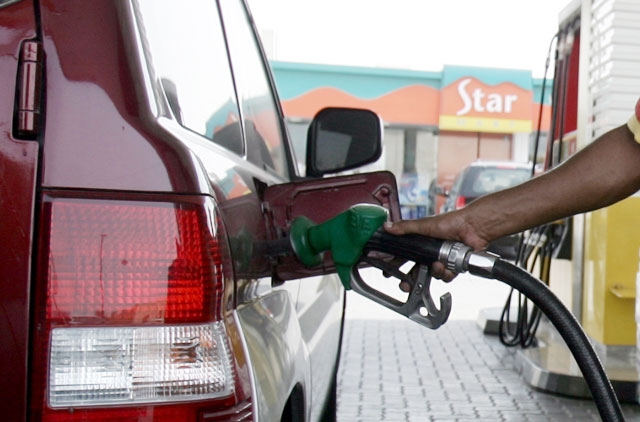Wednesday, September 13, 2017
Gulf News – Oil prices to average higher next year: 45% of industry professionals
By Century Financial in 'Century in News'

Positive outlook means Gulf countries will earn millions of dollars more daily
Oil prices are likely to average higher next year and this would mean more income for the countries in the Gulf Cooperation Council (GCC) region, some industry experts have predicted.
According to nearly half (45 per cent) of 100 energy professionals polled by Gulf Intelligence, Brent crude oil will average in the $60 barrel range in 2018.
Oil has averaged at about $52 a barrel so far this year, so the “relatively bullish” outlook would see the UAE, Saudi Arabia, Bahrain, Qatar, Kuwait and Oman earning about $175 million dollars more each day next year, the research firm said.
The positive outlook also means that consumers may have to pay more out of their pockets for petrol in 2018. Motorists have seen costs at the pump fluctuate this year, although the recent overall price trend has been upwards.
Fuel prices in the UAE are linked to global oil prices. Brent crude oil, the world’s largest oil price benchmark, broke through $60 a barrel for the first time in more than two years last month. Petrol prices in the UAE jumped for two consecutive months, in September and October this year, although the rates this month have dropped.
“We have seen an upward trend in UAE petrol prices at the pump in the second half of this year as crude oil prices have jumped to two year highs, and we can expect that trend to continue in 2018 if crude oil prices continue this upward momentum,” Sean Evers, managing partner at Gulf Intelligence, told Gulf News.
The latest increase in oil price has been partly driven by the developments in Saudi Arabia and the country’s relations with Iran.
“The major arrests in Saudi Arabia due to a crackdown on corruption and escalation of tensions between Saudi Arabia and Iran helped drive prices to nearly a two-year high,” Century Financial Brokers said in a note on Monday.
The Gulf Intelligence GIQ Oil Markets Survey was conducted on the eve of the Abu Dhabi International Exhibition and Conference (ADIPEC 2017), a major oil and gas event in the region.
Evers, however, said that the oil markets are still feeling uncertain about the price recovery because global crude inventories are still well above the five-year average.
“OPEC won’t be out of the woods until they remove the stocks overhang,” he said. There has been a continued commitment by 24 OPEC and non-OPEC oil producing countries to curtail supplies by 1.8 million barrels a day through to the end of the first quarter of 2018.
According to 80 per cent of the respondents, OPEC should extend its current output agreement through to the end of next year, to maintain oil prices at current levels.
In its October report, the IEA said the inventory surplus over the five-year average still remained at 170 million barrels a day, however it has been declining due to the estimated demand growth for 2017 of at 1.6 million barrels per day.
Still, the GIQ Oil Markets Survey also indicated that the immediate future oil price could experience some turbulence in the coming weeks with 52 per cent of those polled saying Brent crude oil would close the year at below current levels in the $55-$60 a barrel range.
Source: Khaleej Times
__1871840105.jpg)
__2025114477.jpg)
__619856768.jpg)
__727948221.jpg)
__620700833.jpg)










